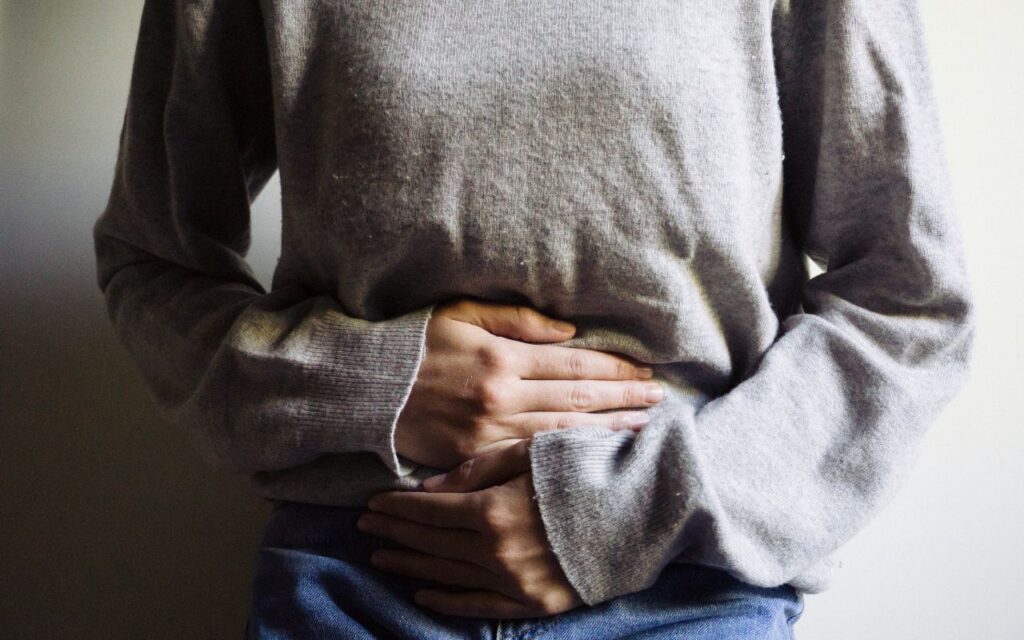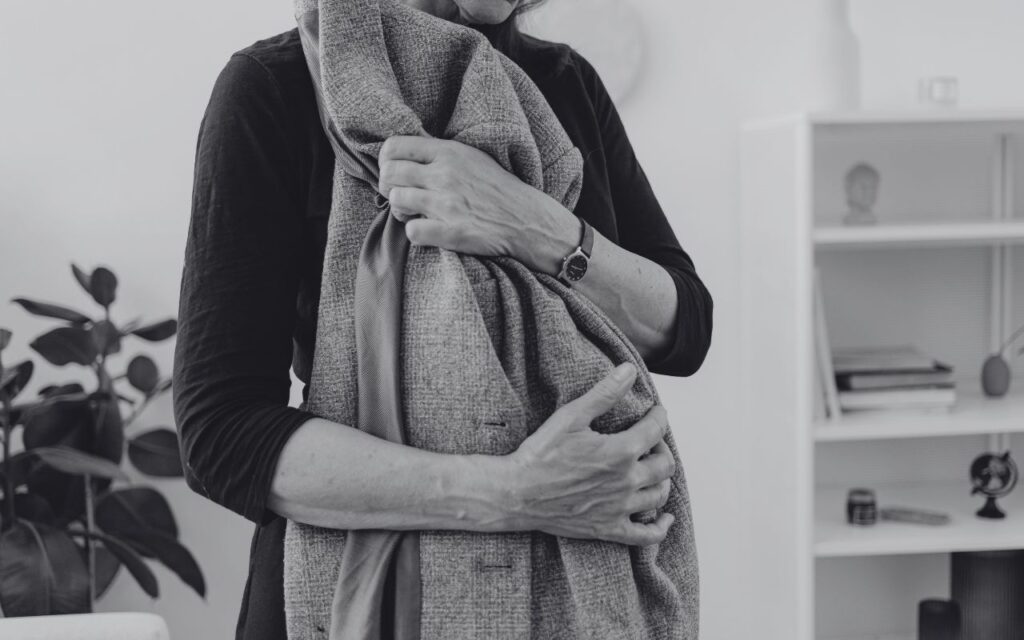
No refunds or exchanges — the shocking truth about periods and perimenopause
Menopause brings an end to menstruation, but leading up to this “rite of passage,” many women experience periods that can disrupt their lives and careers.
For some women, the end of reproductive life is more than just a few missed periods.
For me, the run-up to menopause meant heavier, longer, more frequent, and highly unpredictable bleeding that left me feeling vulnerable, anxious, and exhausted. And I have friends who are coming of age and are having extended periods, causing them to take sick days because they don’t feel they can manage their bleeding.
When I first started experiencing irregular and heavy bleeding, I didn’t think too much of it. I figured it would eventually stop and my cycle would just even out on its own. But when it didn’t — and only became worse — I decided it was time to see my primary healthcare doctor.
After assessing my symptoms, I was made aware of something that some women don’t realize: Menstrual irregularities are the first sign of perimenopause.
Truthfully, I’d only ever heard the daunting “m” word. Perimenopause — the years-long transition to menopause during which estrogen levels start to decrease — wasn’t even on my radar. At 49, I hadn’t given much thought to menopause, never mind acknowledging that I was approaching “that age.”
The turning point
When I met with my gyno and was recommended an IUD, I was shocked.
I was told that the IUD would reduce heavy bleeding as my body prepares for menopause and might also reduce other symptoms of perimenopause. The doctor explained that one of the most common presenting symptoms of perimenopause is a thick uterine lining which sheds sporadically, and that women may pass large clots or experience sudden gushes of blood, forcing them to double up on their menstrual products or sit on towels to protect their furniture.
Knowing this, and trusting the professional, I walked away with an appointment — scheduled on my 50th birthday — for what I thought was going to be the greatest gift of all: getting my quality of life back.
Weeks later, when I arrived at my appointment, there were no balloons or cake. Instead, due to having a tilted uterus, I received a general anesthetic for the insertion of the IUD. The only lucky thing about my IUD experience was not feeling the direct sharp pain that social media had warned me about.
I would have wished on 50 candles that day to know that before the benefits of the IUD kicked in, I’d be facing three months of continuous bleeding.
For 12 weeks, I felt discouraged and let down by my healthcare team. In fact, I was getting iron infusions because of the blood loss. I sat at home, sad and burdened by my decision to get an IUD, having thought it would just stop everything like the pamphlets had promised.
Hindsight is 20/20
Knowing what I know now, I would have never gotten an IUD simply because of the aftermath bleeding.
Now, six months later, I hardly bleed, and when I do, it is very unpredictable. Cramping hurts the same as before — it just doesn’t last as long. And don’t believe it when they say you can’t feel the IUD; it’s very much uncomfortable during intercourse. I also worry about it getting lost, but you can schedule appointments for that.
There hasn’t been much research on the effects of an IUD for perimenopause symptoms, yet it’s being prescribed. And this whole experience has taught me that women often don’t seek medical care for perimenopause symptoms in hope that the problem will resolve itself. But if we can’t talk about it, how can we come up with proper solutions?
All I can say is that hopefully in less than five years, when I have fully hit menopause, I will be getting this thing — the ‘gift’ I never wanted — removed.








